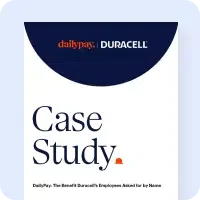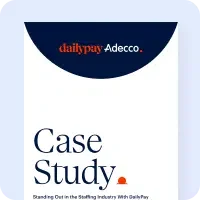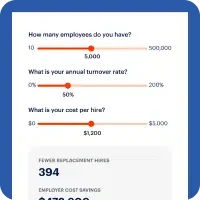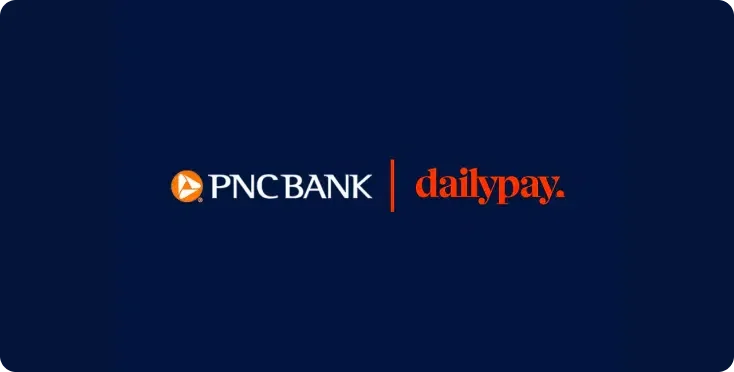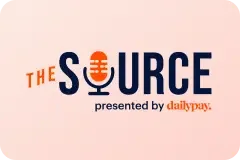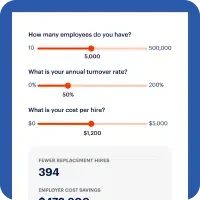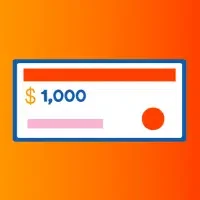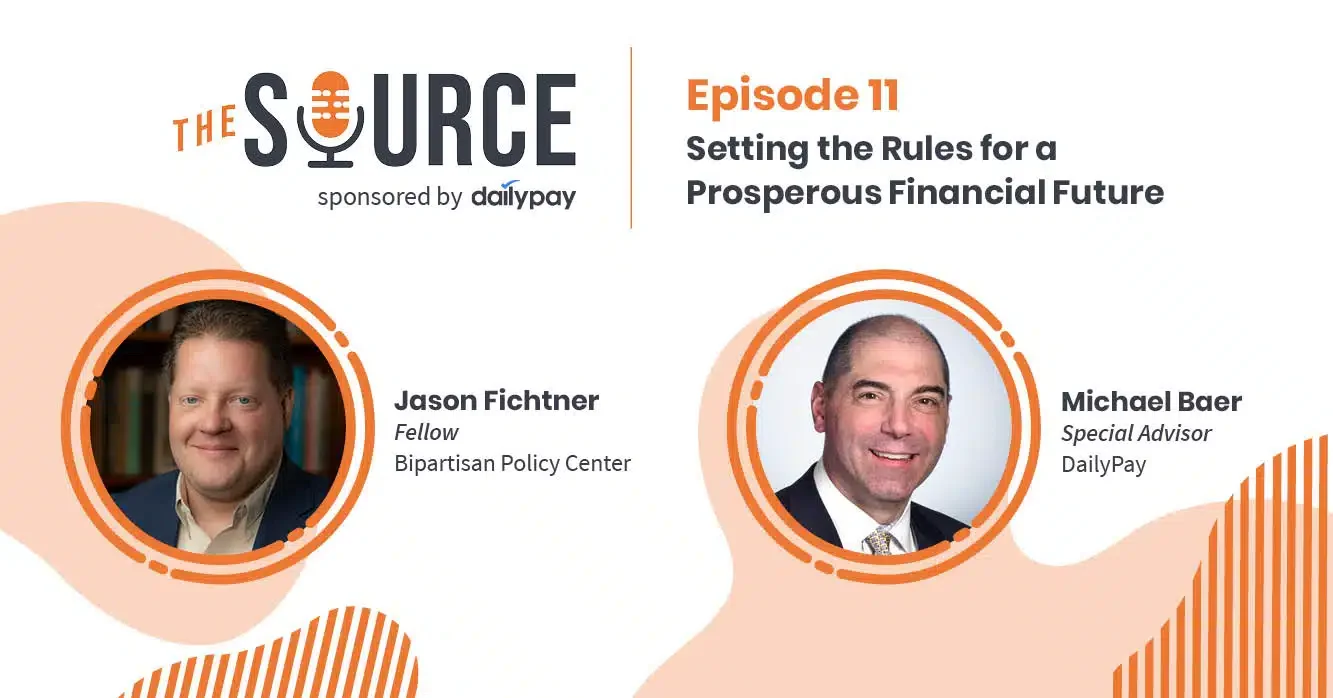Decisions, decisions. How people decide on what they do with their pay and other earnings when they receive the money can foretell how secure financially they will be in the future. The options that are available, even to those living paycheck-to-paycheck, and how we select from them, were the subject of a recent Source by DailyPay podcast.
To help us make these key financial decisions, we need to leverage our ability to mentally account for where money is to be spent and determine the category it should be put in, according to Jason Fichtner, a fellow at the Bipartisan Policy Center and associate director of the Master of International Economics and Finance Program at the Johns Hopkins School of Advanced International Studies.
Fichtner said that our capacity to do this is now enhanced with technology that provides “a picture that’s shown on the internet or through an app and DailyPay” that says “here’s how much you’ve allocated or budgeted in each category.”
Then there are tools that can be applied to help people save, according to Fichtner. Most people say they want to save, he said. “But they might find it difficult. And so we try to help them by nudging.”
What’s nudging?
A “nudge” could be as simple as an automatic enrollment in a retirement savings plan, Fichtner said. A nudge is not a mandate. “A nudge defaults you in but gives you the option of saying no.”
It’s “how something like DailyPay can work very well too if you’re going to show somebody, ‘how about taking a dollar of your earnings today and putting it into a rainy day fund, a savings account.’”
Fichtner provided an example of how people can mentally frame this decision-making process:
If you tell somebody, “You need to save $350 a year,” a lot of people right now might say, “$350, I can’t do that. There’s no way. That’s just too much of a burden. That’s too much of a barrier. I can’t save $350 a year.” And framing it that way makes it sound very difficult.
But if instead you frame it this way, “Could you save one dollar a day?” Your goal is not now $350 a year, your goal is now one dollar a day. Most people say, “A dollar a day, sure, I can do that.” Well, if you do a dollar a day, then all of a sudden, after one year, you’ve got your $350.
“I think that framing can be very helpful and that’s where something like DailyPay can really help people make a difference in their financial lives and security,” Fichtner said.
Further, regarding tools to use to help build savings, Fichtner said, “if you’re doing something on top that rounds up, over time, that really, really adds up. And it’s these little things that can make a difference. And again, DailyPay has three options to save as well. There’s the auto save, the direct save and the roundup save.”
“What’s important to realize is that financial information, the ability to see it clearly in a cognizant simple way, can help you make better informed decisions,” he said.
When questioned about the use of payday lenders despite their predatory nature, Fichtner said that “instead of trying to outlaw, I just think we should have better market competition and create better products. And that’s where something like DailyPay comes in.”
“It’s just getting the word out that there are better products available for people and showing them that there is a better option than a payday lender,” Fichtner said.
You can access the full podcast and subscribe to other Source by DailyPay episodes here.
DailyPay is the recognized gold standard for on-demand pay delivery, sometimes called earned-wage access, and also partners with the Bipartisan Policy Center to help bring more awareness of policies that can assist Americans in building financial security.
For additional resources on this topic, see:

